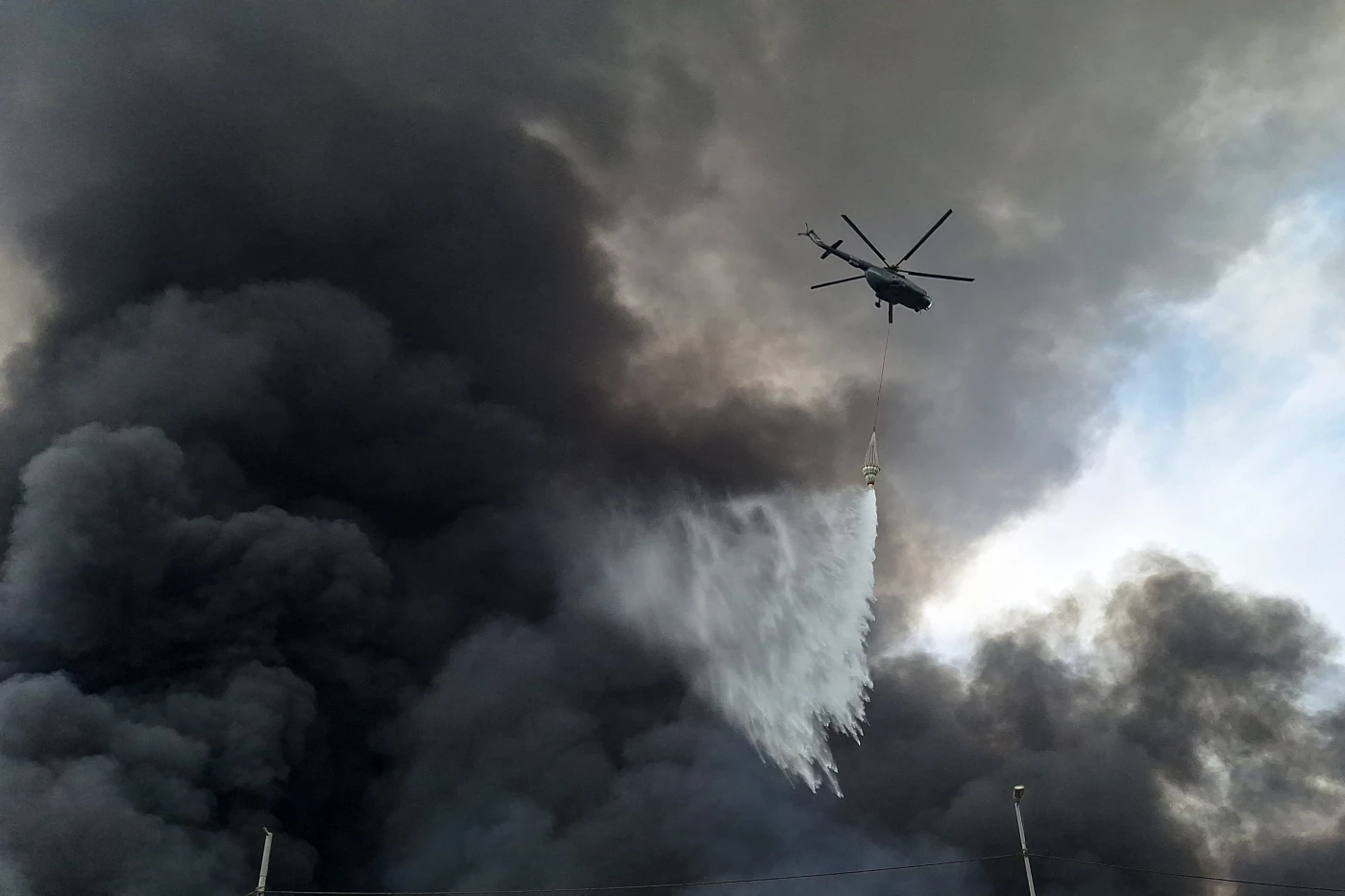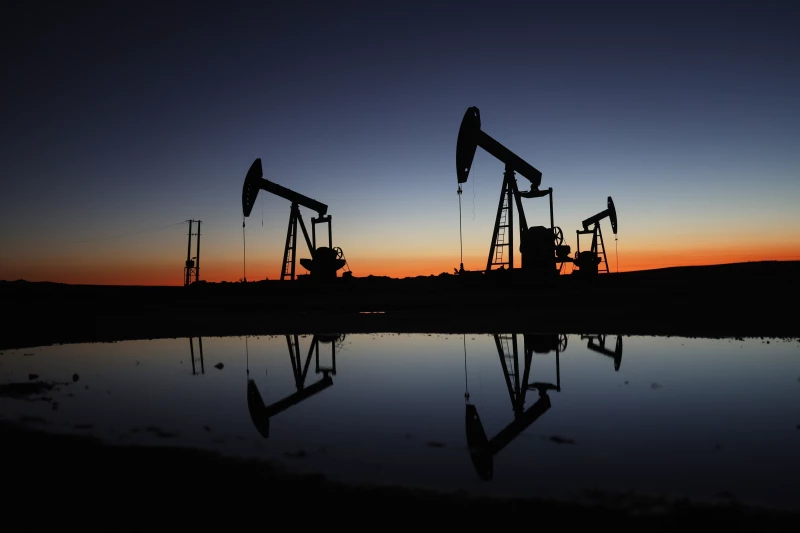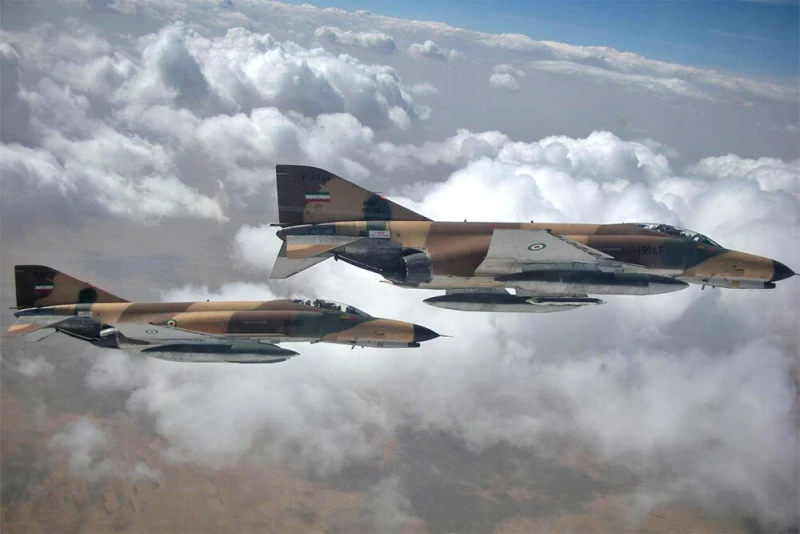LONDON, United Kingdom - Iran's Defense Ministry has dismissed reports that the massive explosion in the southern Shahid Rajaei Port on Saturday was caused by a depot of chemicals intended for the country's missile program.
"No military-linked cargo was present at the site," said Defense Ministry spokesperson Reza Talaei-Nik in a live interview with the state television on Sunday.
Citing initial "probes and available evidence," he added that no imported or exported material with military applications in the area had sparked the fire.
The spokesperson accused foreign media outlets of "spreading false narratives" around the incident. The primary and secondary causes will be determined with the help of the relevant agencies, according to the defense official.
In its latest update, Iran's Emergency Organization announced that the death toll had climbed to 28, with over 1,200 others injured.
The figures, however, are expected to rise further as families continue to search for their missing loved ones under piles of debris across the vast area affected by the explosion.
Growing calls for accountability
The denial by the Defense Ministry spokesman came following eyewitness accounts, multiple media reports, and speculation by experts that the explosion occurred inside warehouses containing a cargo of sodium perchlorate that Iran's Revolutionary Guards imported from China in March.
The material is believed to be typically used as an oxidizer in solid propellants to boost Iran's missile production.
Separately, Interior Minister Eskandar Momeni, who is touring the area, told reporters on Saturday that whatever the cause, it will be openly communicated to the public once investigations conclude.
Yet a history of opacity in similar past incidents has fueled anger and frustration among many Iranians, who worry that the authorities will attempt to conceal the truth behind the blast by imposing a media blackout and controlling the narrative.
The explosion—which to many was reminiscent of the quake-like Beirut port disaster of 2020—has prompted widespread calls for accountability.
Amid the intense online debates, critics blamed the Iranian government's "incompetence," while some suspected sabotage linked to the US-Iran nuclear talks.
US-based opposition activist Masih Alinejad questioned the Iranian government's credibility, while Nobel laureate Shirin Ebadi criticized the authorities' refusal to act with transparency, as others condemned Tehran's disregard for civilian lives.
24 hours on, Iran's state media reported that the flames had yet to be entirely contained as firefighters were battling against subsequent smaller explosions at the key trade hub.
As local authorities declared three days of public mourning, many Iranians rushed to hospitals to donate blood for the hundreds of victims, some of whom are fighting for survival in intensive care units.



 Facebook
Facebook
 LinkedIn
LinkedIn
 Telegram
Telegram
 X
X


